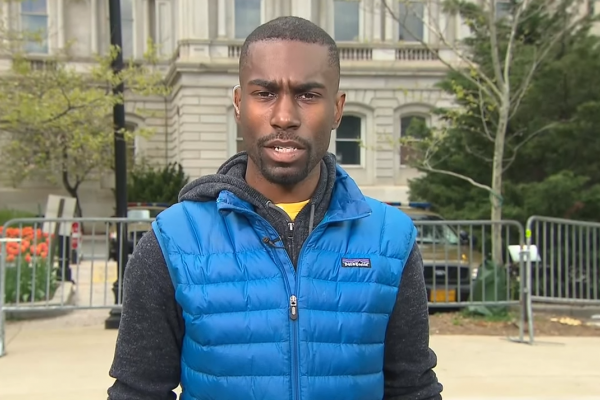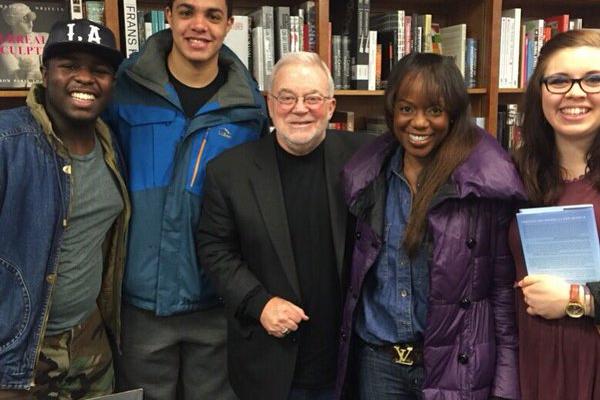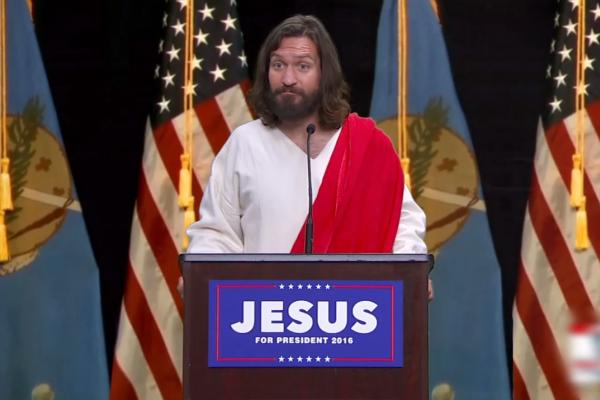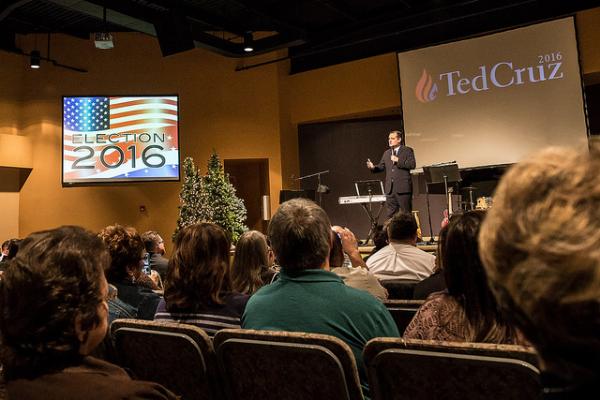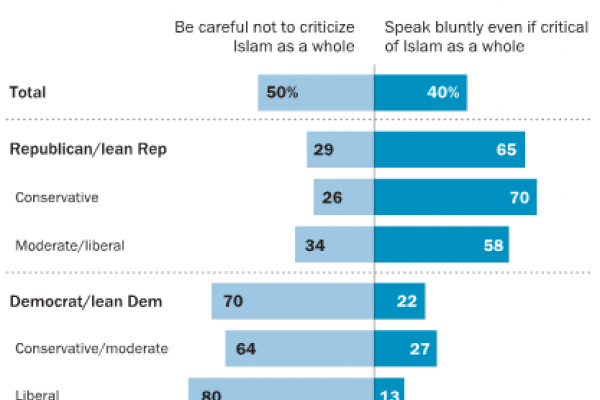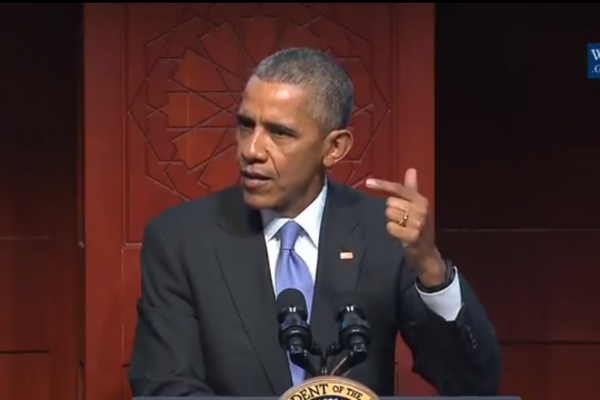Minutes before the deadline to file for the Democratic primary in Baltimore on February 3, DeRay Mckesson completed the paperwork and entered the race.
With nearly 300,000 followers on Twitter, DeRay, as he's often known on Twitter, has gained widespread notoriety for his role organizing and documenting the Black Lives Matter movement. A former school administrator and Teach for America alum, DeRay first caught the public eye during protests in Ferguson and Baltimore. He is the 13th candidate to enter the Democratic primary in his hometown.
When I began writing my latest book, America’s Original Sin: Racism, White Privilege, and the Bridge to a New America, my hope was to help foster that new conversation on race in America — and to point to the action that needs to come from it. Because only when we openly and truthfully speak to the roots of racism and inequality in our country — white supremacy, white privilege, and the dehumanization and devaluation of black lives and bodies — will we able to deal with the modern-day realities of that legacy and solve the obvious problems before us in racialized policing and the blatant racial disparities in our criminal justice, education, and economic systems. So we launched a “town meeting” tour that creates space for the voices of diverse local leaders in each city and allows for the multiracial, truth-telling conversations and actions we so urgently need across this country. I’m happy to say that tour has started, and it has been powerful to see and hear.
Jimmy Kimmel recently hosted Jesus on his late show. Not real Jesus, of course. (Don’t worry, this isn’t the apocalypse. You haven’t been left behind). It’s just pretend white Jesus.
Kimmel’s team took real quotes from various presidential candidates and let an actor pretending to be Jesus read them as if he were running for president. And yes, they did happen to include quotes from Donald Trump.
“We want[ed] to get an idea of what [these statements] would actually sound like from the mouth of Jesus,” said Kimmel.
It’s quite disturbing, really.
With chants of “Hey, Obama, don’t deport my mama!” and "Que queremos? Justicia! Cuando? Ahora!" a diverse group of immigration activists and leaders made their way from St. John’s Episcopal Church at Lafayette Square to rally at the White House on Tuesday. They were there to demand that the Obama administration stop deporting Central American asylum seekers and instead grant them Temporary Protected Status. With them they carried boxes full of more than 136,000 petition signatures calling for the same.
Ted Cruz ended Monday night with a yuuuuge victory over Donald Trump in Iowa. (Sorry, had to do it!) Religion played a big role in Cruz’s victory. The New York Times reports that Cruz’s victory was “powered by a surge of support from evangelical Christians.”
For his part, Cruz reaffirmed his connection with his evangelical supporters by evoking divine favor upon his victory. “God bless the great state of Iowa! Let me first say, to God be the glory.”
But I can’t help but feel uneasy about the God proclaimed by the so-called "evangelical vote." That’s because, when it comes to their evangelical faith, they have an identity crisis.
Republicans and Democrats divide sharply over views on Islam, Muslims, and how a U.S. president should label violent extremists. But Americans overall agree there’s a “a lot” of discrimination against Muslims living in the United States — and it’s rising — a new Pew Research survey finds.
In times of rising Islamophobia, President Obama made a plea for religious tolerance at the first visit to an American mosque of his presidency. A lot of Americans have never been to a mosque, the president said as he began his speech, shoeless per Muslim tradition, in the Islamic Center of Baltimore’s prayer hall on Jan. 3.
Pope Francis’ impassioned praise of China this week is the strongest sign of the pontiff’s ambitious agenda to use his personal and political clout to transform the historically fraught relations between Beijing and the Holy See. “For me, China has always been a reference point of greatness. A great country. But more than a country, a great culture, with an inexhaustible wisdom,” the pope said at the start of his interview with Asia Times, which was published Feb. 2.
The crisis in Flint, Mich., has sparked outrage and condemnation, hitting covers and front pages of national media outlets, and pointing to yet another example of our country's original sin of systemic racism. Photographer Heather Wilson shares with us this image from Flint: the old water pipes — blamed for high levels of lead in the city's water, leading to neurological damage in infants and children — v. the new pipes in the background.
